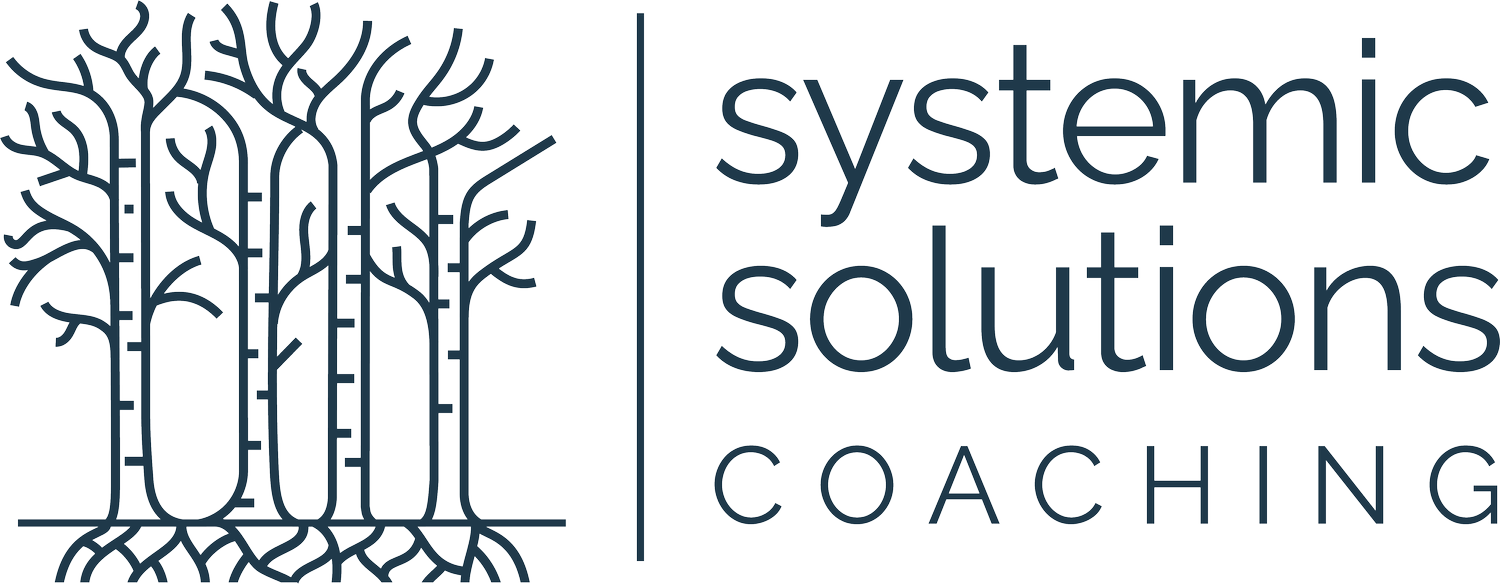Family Dynamics and How They Impact Child Development
When parents think about helping their children thrive, they often focus on individual interventions—therapy, tutoring, behavioral plans. While these can be helpful, they sometimes overlook one of the most powerful influences on child development: the family system itself. As a therapist and coach, I’ve seen time and time again how understanding and adjusting family dynamics can unlock transformative growth for children.
What Are Family Dynamics?
Family dynamics refer to the invisible forces that shape how members of a family relate to one another—things like roles, rules, communication styles, power hierarchies, and unspoken expectations. These patterns are often passed down across generations and can be so deeply ingrained that we stop noticing them.
A family functions as an emotional unit. According to family systems theory, pioneered by Salvador Minuchin and others, what happens to one member affects the whole. When a child struggles—whether it’s with anxiety, defiance, school issues, or self-esteem—it’s helpful to consider how the family environment may be influencing or maintaining that struggle.
The System at Work: An Example
Take “Emma,” a bright, sensitive 10-year-old who began refusing school after her parents’ recent divorce. Her mother described her as anxious and clingy, while her father saw her as manipulative. Sessions with Emma were helpful, but the real shift happened when her parents began to notice how their own unresolved conflict kept Emma in the middle—she became the emotional barometer for the household.
In this case, Emma wasn’t simply experiencing anxiety in a vacuum. She was responding to a system in disarray. As her parents learned to co-parent more effectively and reduce the tension between them, Emma’s symptoms lessened. She began sleeping better, attending school, and even initiating more independence.
Roles and Rules
Every family assigns roles, whether intentional or not. There’s the peacemaker, the scapegoat, the golden child, the lost one. These roles can offer a sense of identity but also limit growth. A child seen as "the difficult one" may internalize that label and act accordingly.
Unspoken family rules also shape behavior. Rules like "we don’t talk about feelings," "don’t challenge Dad," or "stay strong for others" influence how kids learn to manage emotion, express needs, and seek help. These internalized messages carry into adulthood, shaping relationships, work habits, and self-image.
Family Systems and Child Development
Understanding child development within a systemic context doesn’t mean blaming parents—it means widening the lens. Emotional regulation, self-concept, resilience, and empathy don’t develop in isolation. They are co-created in relationship.
Neuroscience supports this. The development of a child’s brain, especially the areas tied to regulation and social connection, is profoundly shaped by the relational environment. Dr. Daniel Siegel refers to this as "interpersonal neurobiology"—the idea that the way we connect with others literally shapes how our brains function.
Creating Change Systemically
So how do we use this knowledge to foster change?
Notice Patterns, Not Just Behaviors
Instead of focusing solely on the child’s actions, ask: What need is this behavior meeting in the system? Who else adjusts when this behavior shows up?
Shift Your Role
If you often rescue or fix, try stepping back. If you tend to withdraw, try leaning in. Even small shifts in your role can have ripple effects.
Name the Unspoken Rules
Talk openly about family expectations. What’s okay to feel? To say? To need? Giving voice to the unspoken can be liberating.
Model What You Want to See
Children learn more from how we handle conflict, express emotion, and repair ruptures than from anything we tell them.
Seek Support That Looks at the Whole
If you're engaging with a therapist, coach, or school support team, choose professionals who consider the family context—not just the child’s symptoms.
A Final Thought
Our children are always responding to the systems around them. This isn’t about blame—it’s about opportunity. When we shift the system, we create new possibilities for everyone inside it.
Take a moment to reflect:
What’s one pattern in your family that might be shaping your child in unintentional ways?
Start there. Small changes in the system can create big changes in behavior, connection, and emotional health.

